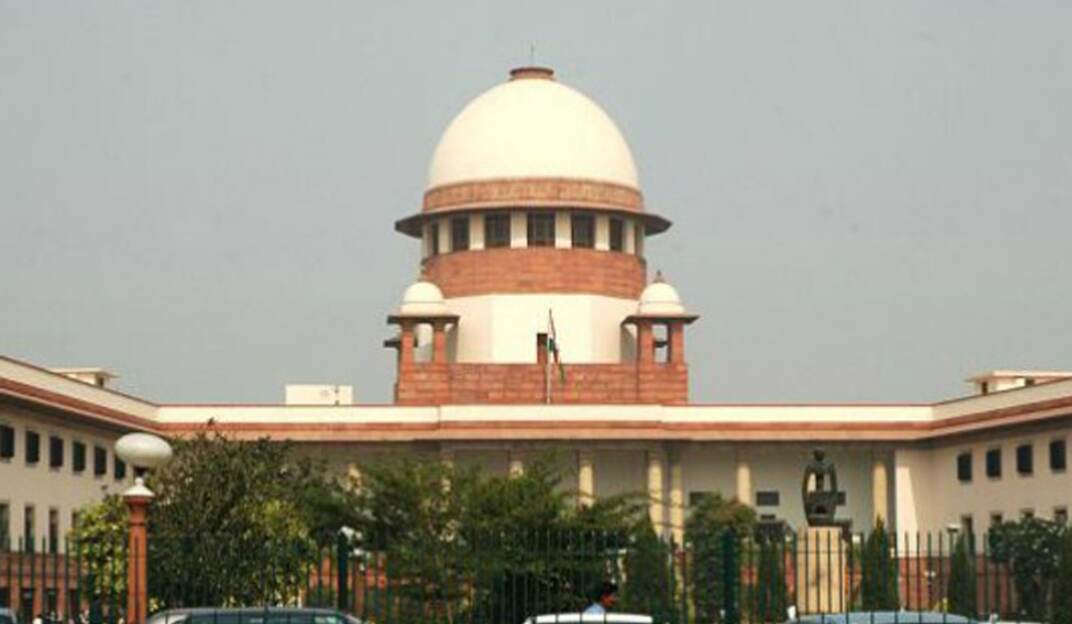Twitter, Centre get SC notice on mechanism to check fake news

New Delhi: The Supreme Court on Friday sought responses from the Centre and Twitter India on a plea seeking a mechanism for regulating content and advertisements spreading hatred through fake news and instigative messages via bogus accounts.
A bench of Chief Justice SA Bobde and Justices AS Bopanna and V Ramasubramanian issued notice to the Centre and Twitter Communication India Private Limited on the plea filed in May last year by BJP leader Vinit Goenka, which said there are hundreds of fake Twitter handles and bogus Facebook accounts in the name of eminent people and high dignitaries.
Advocate Ashwini Dubey, appearing for Goenka, said directions are needed for establishing a mechanism to regulate hateful content on the social networking site.
It is submitted that presently total number of Twitter handles in India is around 35 million and the total number of Facebook accounts is 350 million and experts say that around 10 per cent Twitter handles (3.5 million) and 10 per cent Facebook accounts (35 million) are duplicate/bogus/fake, the plea said.
The bench said that it is issuing notice in the matter and tagging the plea with other pending matters.
The top court heard the petition at a time the government has been pressing Twitter to block accounts and posts that it says have been spreading misinformation and provocative content linked to the farmer protests against the Centre's contentious agricultural laws since November.
Meanwhile, Twitter has blocked over 97 per cent of the accounts and posts flagged by the IT Ministry, sources said.
Monique Meche, Twitter vice-president Global Public Policy and Jim Baker, Deputy General Counsel and vice-president Legal, had affirmed Twitter's commitment towards following Indian laws and rules.
The executives had also requested for better engagement between the Indian government and the company's global team. Sources said Twitter's latest move to block the flagged accounts is itself a validation that the government's orders were backed by sound reasoning and logic.
The government had made it clear that it will not negotiate with the platforms while insisting on compliance with its orders as it believed that a private commercial entity in India cannot unilaterally decide on public law and order, ignoring the democratic values of the country.



